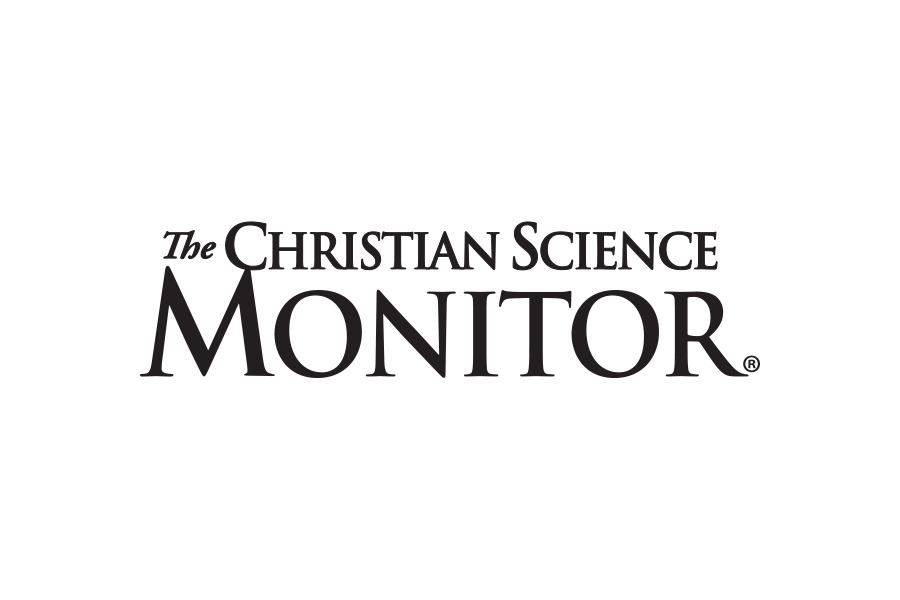My wife and I were playing with a kitten when it suddenly bit my finger. I yelled, “Ouch!” Then, as I stared at my finger, my wife shook her head and said, “For someone who is usually affirming that we are safe in God’s care, you’re sure making a big deal out of a little pain.”
My wife wasn’t being mean. She was encouraging me to employ the spiritual understanding that Christian Scientists utilize in helping and healing themselves and others. Recognizing how God, Spirit, has made us – spiritually – enables us to free ourselves from pain by removing its usual causes: fear, ignorance, and sin. Yet instead of accepting her words as encouraging, I thought, “If that’s what she thinks, then I just won’t tell her the next time I’m in pain.”
That prideful thought was rebuked the very next morning when, although the pain from the kitten’s bite was gone, I awoke with extreme and inexplicable shoulder pain. I couldn’t hide it. And after my wife had assisted me in putting on my shirt and jacket, I phoned a Christian Science practitioner for help through prayer.
Just as with other sins, pride has unpleasant – in fact, harmful – consequences. Because our true being as the creation of God, Mind, is mental and spiritual, as we learn in Christian Science, the body can be adversely affected by thought. So, since life is consciousness-based, it is important to recognize that a discordant situation is actually an opportunity to prove that we are entirely spiritual.
Being spiritual means that we have God-given worth, dignity, integrity, and purpose. It means that we are calm and constructive, never rash or destructive – toward ourselves or others. It means we have innate health and wholeness. Separating ourselves from sin by stopping sinful thoughts enables us to act like the sinless expression of God we have always been. Sin of any kind does not correspond to our pure, spiritual nature, which is God-created and God-maintained.
When it comes to praying about a physical difficulty, mentally digging for a presumed hidden sin or other cause is counterproductive. All the same, if we find, as we are praying, that the correction of a sin is required, the specific sin will often stand out like a flashing neon sign that needs unplugging.
The practitioner’s prayerful treatment helped me admit that the trouble wasn’t physical but mental. Once the self-centered pride was erased, unplugged, by understanding that it never belonged to me because it was no part of my creator, God, the pain disappeared.
What tempts us to act as if we are sinful when we are actually created sinless and want to do right? The Apostle Paul answered this question best: “I love God’s law with all my heart. But there is another power within me that is at war with my mind. This power makes me a slave to the sin that is still within me. … Who will free me from this life that is dominated by sin and death? Thank God! The answer is in Jesus Christ our Lord” (Romans 7:22-25, New Living Translation).
In order to learn how this answer can be found in Jesus, it is essential to gain an understanding of the divinity and potency of Christ. The discoverer of Christian Science, Mary Baker Eddy, explains, “Christ is the ideal Truth, that comes to heal sickness and sin through Christian Science, and attributes all power to God. Jesus is the name of the man who, more than all other men, has presented Christ, the true idea of God, healing the sick and the sinning and destroying the power of death” (“Science and Health with Key to the Scriptures,” p. 473).
As we become receptive through prayer, God’s healing Christ erases evil – what Paul called “another power” – hiding in and as our thought, and repentance and transformation take place. Christ awakens us to a new kind of life, the life we’ve always had as God’s child, and selfishness and sinful behavior give way to the lasting spiritual joy, dignity, and authority that comprise our real, sinless nature. And we learn that the only true power is God and His Christ, or Truth.
Overcoming sin can involve a struggle, yet we can continue the prayerful affirmation of our God-supplied goodness and recognize and vigorously reject all sin, no matter how long we may have accepted any form of it as part of our identity. This allows us to flex our innate spiritual might and stop believing the lie that sin could ever have influence over a child of God.
Adapted from an editorial published in the June 16, 2025, issue of the Christian Science Sentinel.
